Zanidatamab-Docetaxel Effective as First-Line Therapy in Advanced HER2+ Breast Cancer
Researchers found encouraging findings from combination therapy with zanidatamab and docetaxel as first-line therapy in patients with advanced HER2-positive breast cancer, based on a phase 1b/2 study presented at the ASCO 2022 Annual Meeting.
Preliminary results showed antitumor activity in this patient population, with a manageable safety profile. Zanidatamab is a novel HER2-targeted bispecific antibody that binds to two distinct extracellular domains of HER2.
The researchers analyzed data from two cohorts of patients participating in an ongoing open-label study (NCT04276493) designed to evaluate combination therapy with zanidatamab and docetaxel as first-line therapy in adult females with advanced HER2+ breast cancer who may have received prior neoadjuvant/adjuvant treatment.
In one group, patients were treated with 30 mg/kg of intravenous zanidatamab plus 75 mg/m2 IV docetaxel every 3 weeks (cohort A); participants in the second group (cohort B) received 1800 mg IV zanidatamab, again with 75 mg/m2 IV docetaxel every 3 weeks.
At the November 2021 data cutoff, 25 patients (median age 57 years) were available for analysis, 11 in cohort A and 14 in cohort B. After a median follow-up period of 7.0 months (range 1.1-17.4 months), 16 (64.0%) patients remained on treatment. Over this time, the median number of treatment cycles was 10 (range: 2-20).
According to principal investigator Keun-Seok Lee, MD, PhD, staff physician at the center for breast cancer from the National Cancer Center, Korea, and colleagues, the confirmed ORR among 22-efficacy evaluable patients was 86.4%, (n = 19/22), 88.9% among patients in cohort A (n = 8/9) and 84.6% (n = 11/13) in cohort B. The confirmed disease control rate was 90.9%, (n = 20/22), 88.9% in cohort A patients (n = 8/9) and 92.3% in cohort B patients (n = 12/13).
Analyses of confirmed best overall response found complete response in 1 out of 22 patients (4.5%) (1/9, 11.1% cohort A; 0/13, 0.0% cohort B), partial response in 18/22 patients (81.8%) (7/9, 77.8% and 11/13, 84.6%, respectively), and stable disease in 1/22 patients (4.5%) (0/9, 0.0%; 1/13, 7.7%). The 6-month PFS rate was 90.9%; progressive disease was observed in only 2 of the 22 evaluable participants.
With respect to tolerability, all patients experienced treatment-emergent adverse events of at least grade 1; 68.0% (n = 17) experienced treatment-emergent adverse events of at least grade 3. Similarly, 92.0% (n = 23) had treatment-related adverse events; 68.0% (n = 17) were at least grade 3. While one serious treatment-related adverse event led to treatment discontinuation, none led to death.
The authors seemed encouraged by the trial’s preliminary findings.
“Zanidatamab and docetaxel combination demonstrated antitumor activity in first-line therapy for advanced HER2+ breast cancer,” they wrote, “with a manageable safety profile.”
Reference:
https://meetinglibrary.asco.org/embargo/record/210373/abstract
Disclosures: Authors declared financial ties to drugmakers. See full study for details. The study was funded by BeiGene.
Photo Credit: Getty Images, Pixabay
By Michael Vlessides, MD /alert Contributor
.jpg)


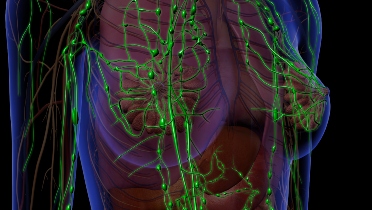






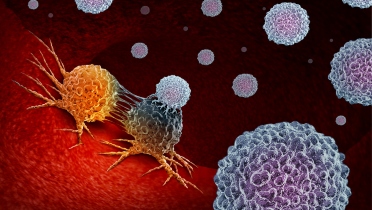



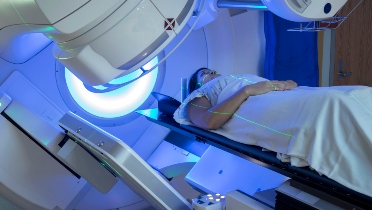
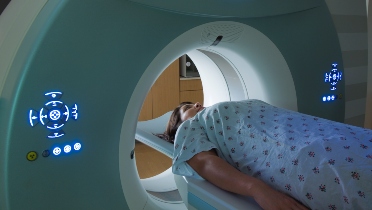
.jpg)
.jpg)
.jpg)
.jpg)

.jpg)
.jpg)

.jpg)
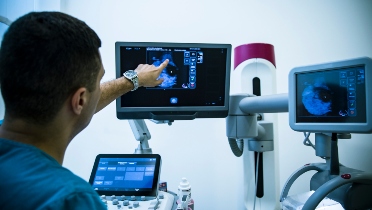
.jpg)
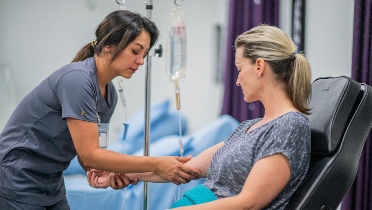
.jpg)

.jpg)
.jpg)
.jpg)
.jpg)
.jpg)
.jpg)
.jpg)
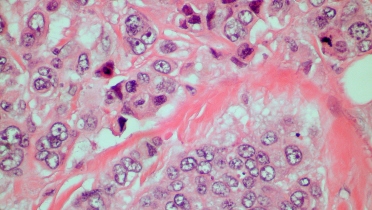

.jpg)

.jpg)


.jpg)
.jpg)
.jpg)
.jpg)
.jpg)
.jpg)


.jpg)
.jpg)


.jpg)
.jpg)
_.jpg)

.jpg)
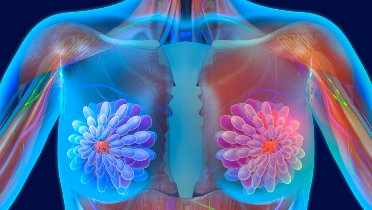
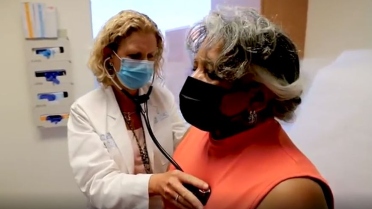
.jpg)

.jpg)
.jpg)
.jpg)
.jpg)
.jpg)
.jpg)
.jpg)

.jpg)
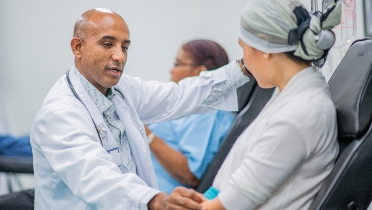


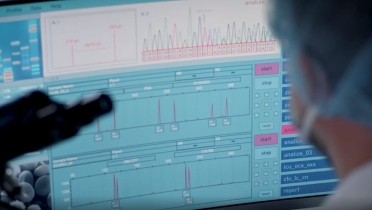


.jpg)
.jpg)
.jpg)
.jpg)

.jpg)
.jpg)

.jpg)
.jpg)
.jpg)
.jpg)
.jpg)
.jpg)
.jpg)
.jpg)
.jpg)

.jpg)
.jpg)
.jpg)
.jpg)
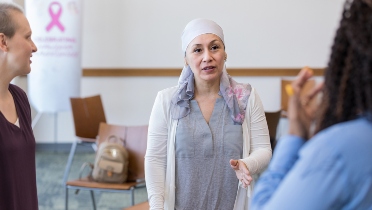
.jpg)
.jpg)
.jpg)
.jpg)

.jpg)
.jpg)
.jpg)
.jpg)
.jpg)


.jpg)
.jpg)
.jpg)
.jpg)
.jpg)
.jpg)
.jpg)
.jpg)
.jpg)
.jpg)
.jpg)
.jpg)
.jpg)
 Featured Breast Cancer Videos
Featured Breast Cancer Videos.jpg)